You are here
New Releases
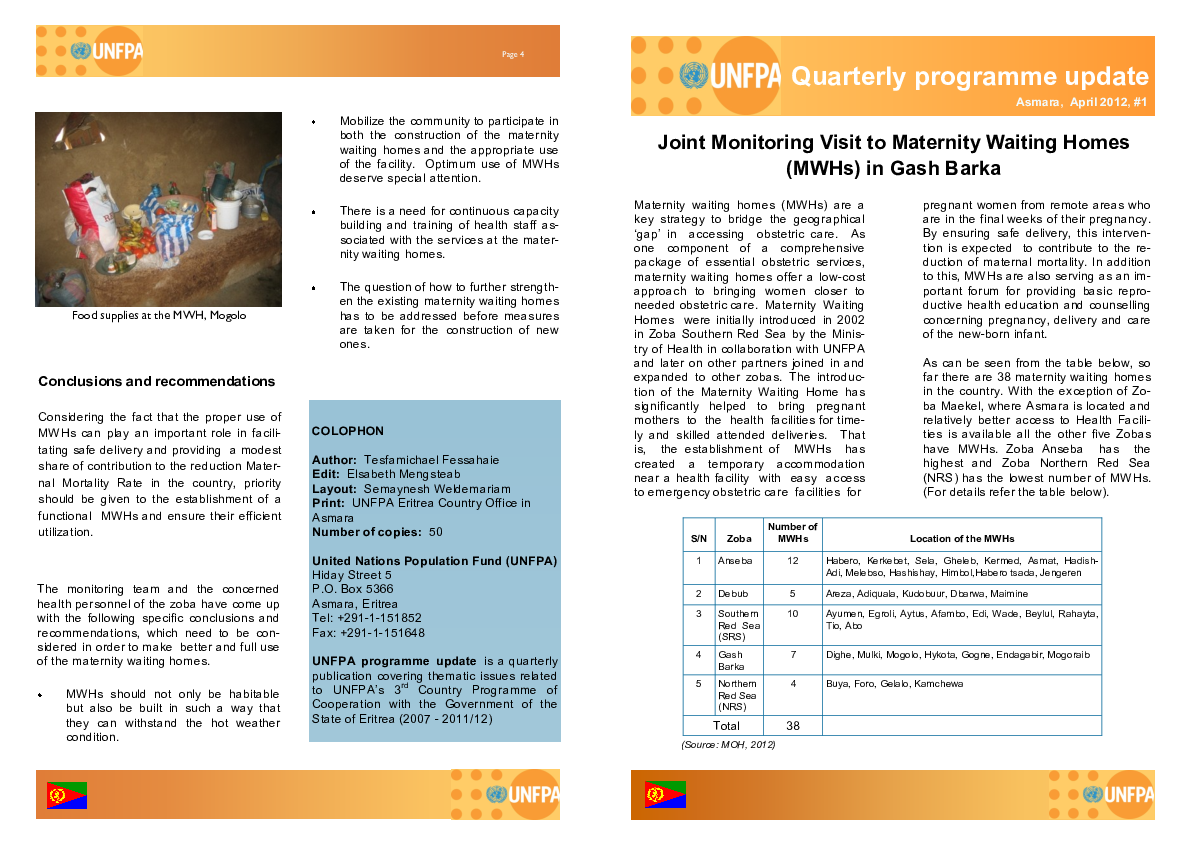
UNFPA Quarterly Programme Update #1 2002 Eritrea
Maternity waiting homes (MWHs) are a key strategy to bridge the geographical ‘gap’ in accessing obstetric care. As one component of a comprehensive package of essential obstetric services, maternity waiting homes offer a low-cost approach to bringing women closer to needed obstetric care. This quarterly report from Eritrea looks at the extent of MWHs, draws conclusions and makes recommendations.
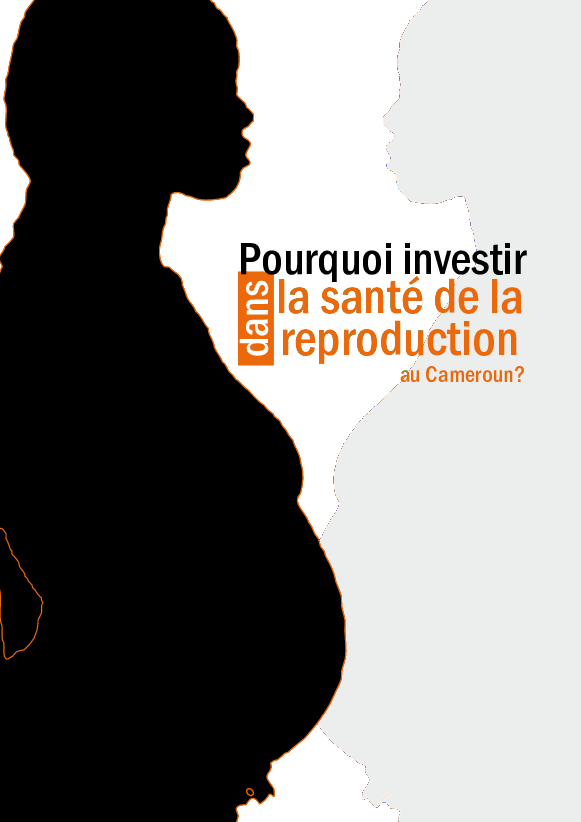
Why invest in reproductive health in Cameroon?
Expanding access to quality, affordable reproductive health services for all Cameroonians is critical to make progress in reducing maternal deaths in Cameroon. However, significant challenges often impede such access in the country, the most important among them being a lack of recent evidence-based data on the benefits of investing in reproductive health.
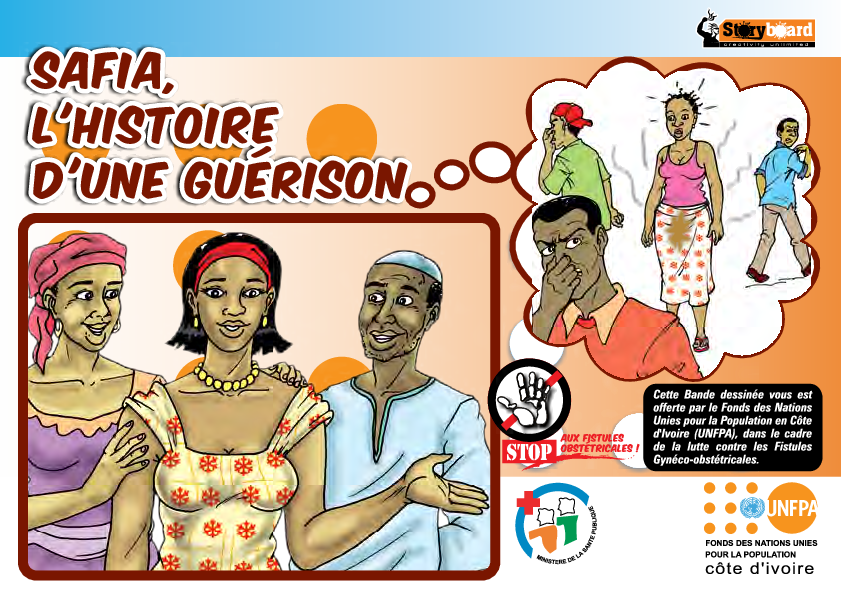
Safia, The Consequences of Early Pregnancy
The consequences of early marriage on the girl child are physical, intellectual, psychological, emotional and mental. In addition, early marriage among girls is almost always synonymous with pregnancy, which is the cause of high levels of maternal mortality and premature deliveries, as well as a life of domestic and sexual enslavement in which they have no power. The costs of dealing with the consequences of early marriage are borne by society.
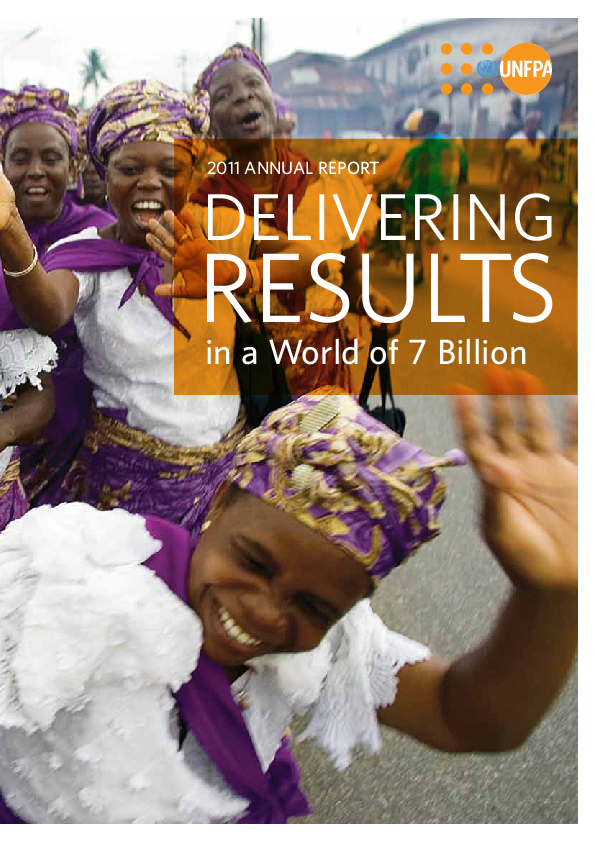
Annual Report 2011
This report provides an overview of UNFPA's achievements in 2011 in linking population dynamics and development, increasing access to maternal and newborn health, increasing availability of family planning, strengthening HIV-prevention services, advocating gender equality and reproductive rights, and increasing young people’s access to services.
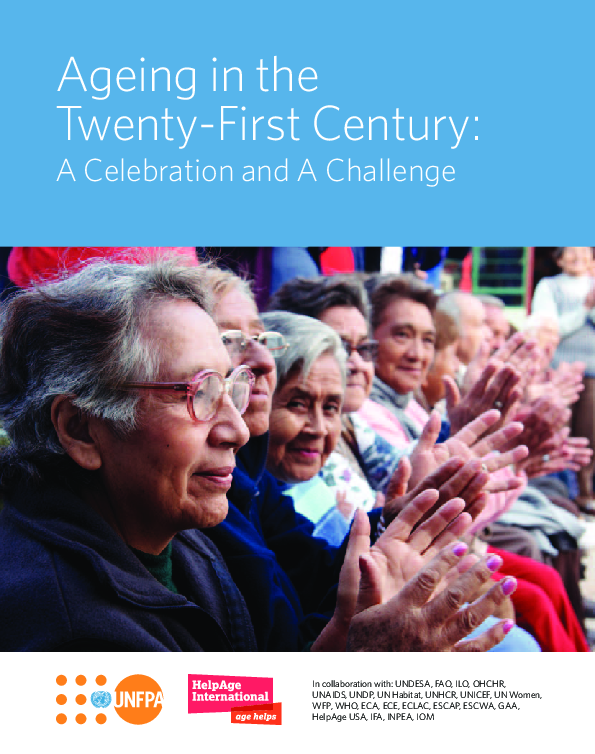
Ageing in the Twenty-first Century
Ageing is now occurring fastest in the developing world, which has limited resources and plans to deal with this unprecedented demographic trend. This new report calls for new approaches to dealing with healthcare, workforce and retirement issues, living arrangements and intergenerational relations.
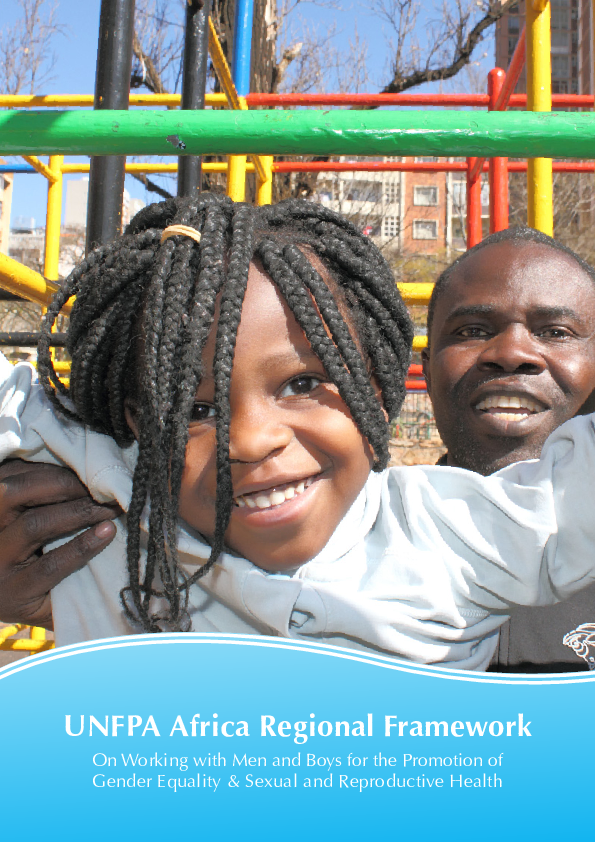
UNFPA Africa Regional Framework
Working with men and boys for the promotion of gender equality, and sexual and reproductive health is key to the attainment of substantive equality. This work acknowledges the ground-breaking contribution made by the women’s movement over many years, starting with ICPD and Beijing, to date.

UNFPA Africa Impact
UNFPA Africa Impact is a three-year retrospective report showcasing the organization’s progress and achievements in improving people’s lives in sub-Saharan Africa. Delivered in an easy-to-read, magazine style format, it details the focus of UNFPA's work in the region, the challenges faced in sub-Saharan Africa, and how UNFPA is changing this picture.
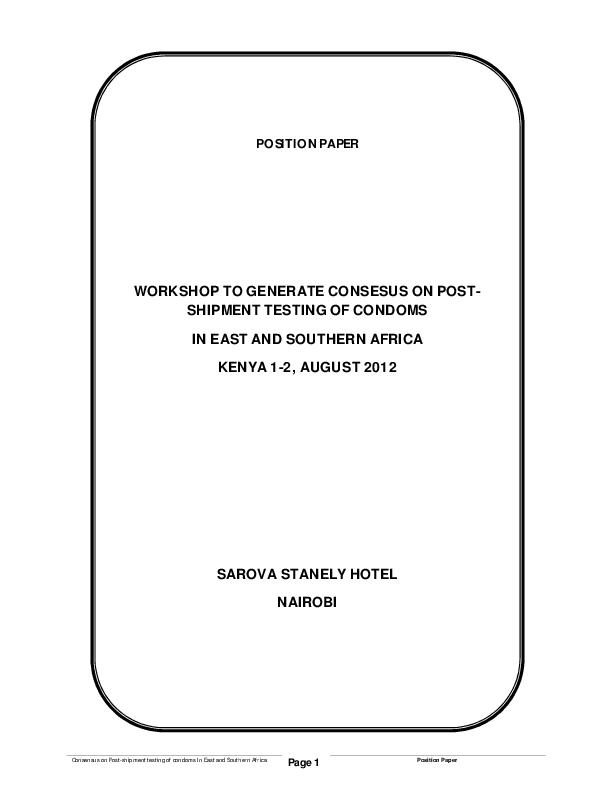
ESA Position Paper on Post-shipment Testing of Condoms
Assessment of Comprehensive Condom Programming (CCP) and reproductive health commodity security (RHCS conducted) conducted by the UNFPA Eastern and Southern Africa sub-Regional Office in May/June 2011, indicated that a total of 13 countries would require post-shipment testing of condoms irrespective of their being sourced from pre-qualified suppliers.
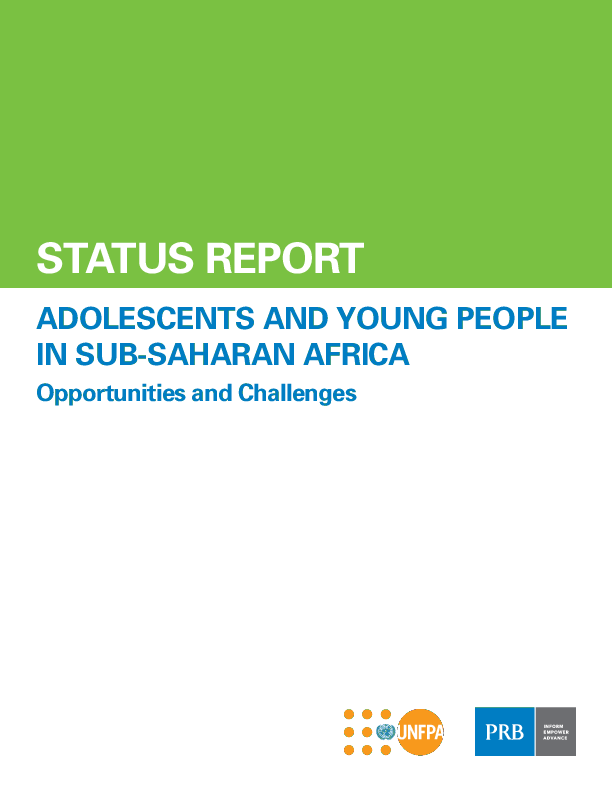
Status Report: Adolescents and Young People in Sub-Saharan Africa
Although there are many indicators that can be used to assess the status of young people in sub-Saharan Africa, this analysis presents available data for 20 specific indicators. Six sections - population, education, employment, sexual and reproductive rights and health, HIV & AIDS, and gender equality and social protection - highlight key findings for the 20 indicators profiled in this report. The report concludes with individual country profiles for all countries with available data in sub-Saharan Africa.
By Choice, Not by Chance
Family planning is a human right. Yet today some 222 million women in developing countries are unable to exercise that right because they lack access to contraceptives, information and quality services or because social and economic forces prevent them from taking advantage of services even where they are available.